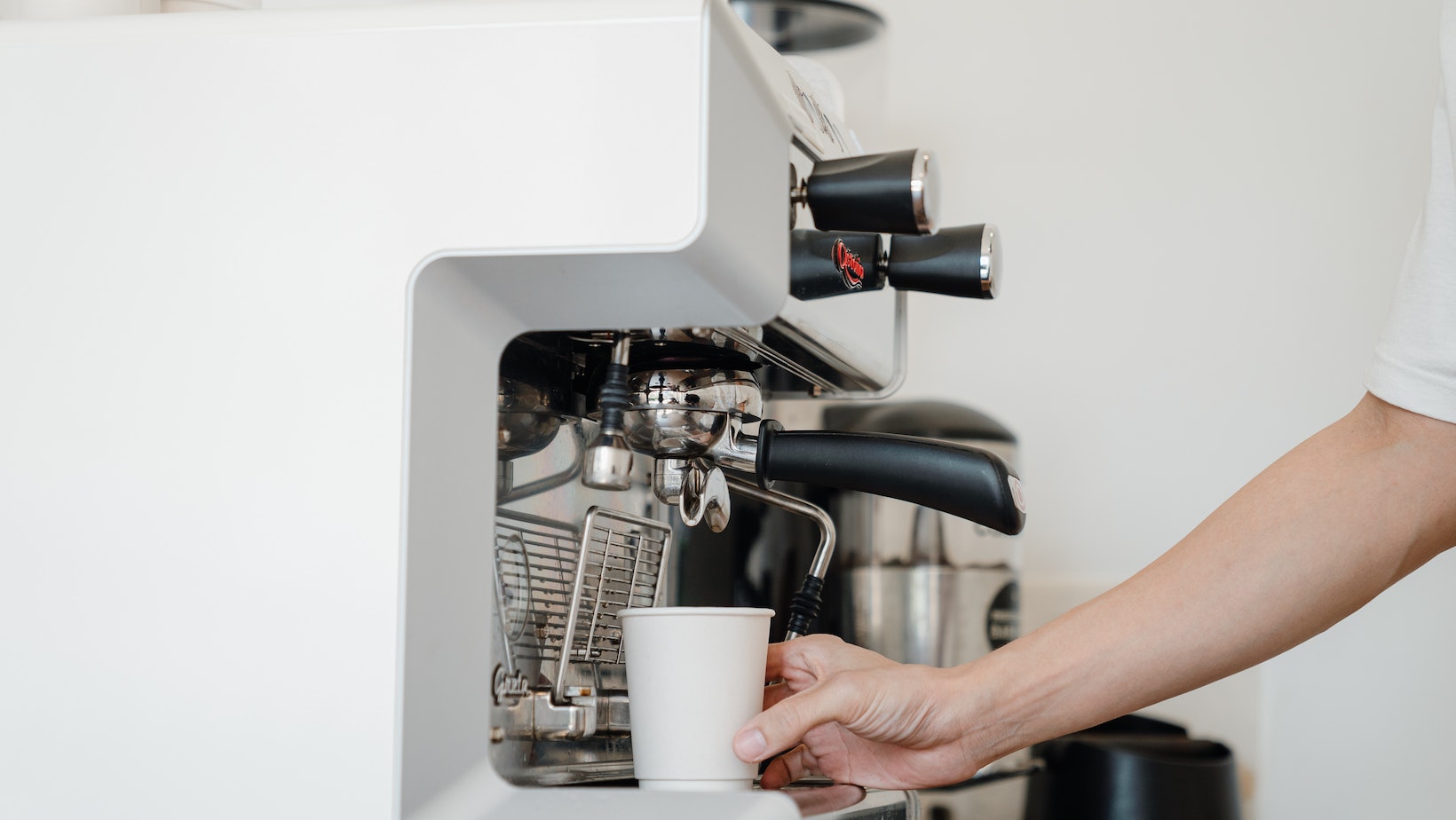Ever wondered why your Keurig coffee maker makes noise even when it’s not in use? It can be quite perplexing to hear those sounds coming from a seemingly idle machine. However, there are a few potential reasons behind this phenomenon.
Why Does My Keurig Make Noise When Not In Use
When it comes to your Keurig machine making noise when not in use, there can be several common causes behind this issue. Here are a few reasons why your Keurig may be generating noise even when it’s not actively brewing:
- Pump Activation: The Keurig machine contains a pump that helps to draw water from the reservoir and push it through the system for brewing. Sometimes, the pump might activate briefly to maintain pressure or check for any blockages, resulting in a clicking or humming sound.
- Water Heating: Another potential source of noise is the water heating process. As the machine heats up water to the optimal temperature for brewing, you may hear sounds like boiling or hissing as steam is generated.
- Expansion and Contraction: Temperature changes can cause various components of the Keurig machine to expand and contract, leading to creaking or popping noises. This can happen when you first turn on the machine or after it has been idle for some time.
- Internal Cleaning Cycle: Some Keurig models have an automatic cleaning cycle that runs periodically to keep the system clean and free from mineral buildup. During this cycle, you may notice additional noises as water flows through different parts of the machine.
Troubleshooting Tips for a Noisy Keurig Machine
If your Keurig continues to make noise even when not in use, here are some troubleshooting tips that may help resolve the issue:
- Check Water Level: Ensure that your reservoir has enough water in it and is properly seated on top of the machine. Low water levels or an improperly attached reservoir can lead to unusual noises.
- Descale Your Machine: Mineral deposits can accumulate over time and affect how well your Keurig functions, including causing excess noise. Regularly descaling your machine using a Keurig-approved descaling solution can help remove these deposits and improve performance.
- Clean the Needle: The needle that punctures the K-Cup can sometimes get clogged with coffee grounds or debris, leading to irregular sounds. Gently remove and clean the needle to ensure it is clear of any obstructions.
- Perform a Hard Reset: Occasionally, a simple reset can resolve minor issues with your Keurig machine. Unplug the machine from the power source, wait for a few minutes, and then plug it back in to see if the noise persists.

Preventive Measures to Reduce Keurig Machine Noise
While some noise is normal during operation, you may take preventive measures to reduce excessive noise from your Keurig machine:
- Proper Placement: Ensure that your Keurig machine is placed on a stable and level surface. Uneven surfaces or vibrations from nearby appliances can contribute to increased noise levels.
- Regular Maintenance: Regularly clean and maintain your Keurig machine as per the manufacturer’s instructions. This includes descaling, cleaning the water reservoir, and removing any debris from various parts of the system.
- Use Filtered Water: Consider using filtered water instead of tap water in your Keurig machine to minimize mineral buildup over time. This can help reduce potential blockages and maintain optimal performance.
By understanding common causes of noise in Keurig machines, following troubleshooting tips when necessary, and implementing preventive measures, you can enjoy quieter brewing experiences with your Keurig machine even when not in use.
Remember, while some operational noises are normal for a functioning Keurig machine, excessive or unusual sounds could indicate a more significant issue. If you continue to experience loud or concerning noises, it’s advisable to contact Keurig customer support for further assistance.
By understanding the potential causes of noise in your Keurig machine and implementing these suggestions, you can enjoy a quieter brewing experience and maintain the longevity of your appliance.
